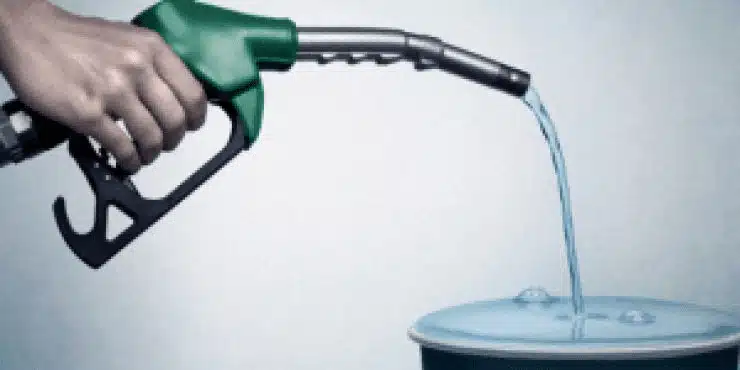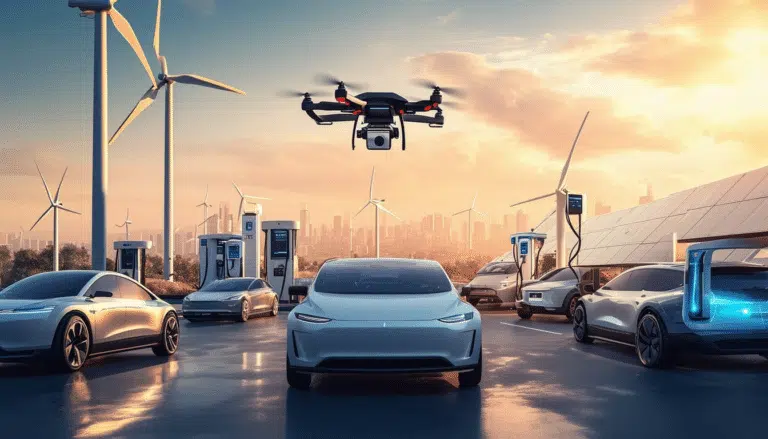Practical tips to reduce fuel consumption and save money effortlessly

In a context where fuel prices are constantly rising, it is essential to adopt strategies that allow for reduced consumption and, at the same time, save money easily. There are numerous practical tips that, when implemented in daily life, help maximize the efficiency of the vehicle and reduce expenses related to gasoline or diesel. These habits not only benefit the wallet but also contribute to a more sustainable lifestyle.
The constant rise in fuel prices has led drivers to seek effective ways to reduce fuel consumption. Implementing some practical tips can allow not only for saving money but also for contributing to a more sustainable lifestyle. Below are various strategies that will facilitate this objective through small changes in driving habits.
Plan your trip
Planning is essential to optimize fuel consumption. Avoid spontaneous outings and choose to refuel on Mondays, a day when it tends to be cheaper due to pricing policies set by distributors. Additionally, check service stations that offer competitive prices and postpone stops on highways, where prices are considerably higher. Tools like Google Maps and mobile apps like GasAll will help you find the best deals.
Empty the trunk
The accumulation of unnecessary items in the trunk will increase the car’s weight and, as a result, its fuel consumption. For every 100 extra kilograms, consumption can increase by around 6%. Keep the trunk only with essentials and, if possible, remove the roof rack when not in use to improve the vehicle’s aerodynamics.
Check the tires
The condition of the tires is a key factor in fuel consumption efficiency. Make sure they are properly inflated, as a pressure lower than recommended leads to an increase of 2% in consumption within the city and up to 4% on highways. Regularly check the condition of the tires and use the coin trick to check the tread depth.
Don’t forget maintenance
Conducting periodic checks according to the manufacturer’s specifications is essential to keep the engine operating at optimal efficiency. Filters and lubricants in good condition ensure better engine performance and, consequently, lower fuel consumption. Adhering to maintenance schedules can result in significant savings in the long run. More details about savings can be found at this link.
Smoothly start
When starting the car, avoid pressing the accelerator immediately. Modern engines do not need to warm up as was necessary in the past. For gasoline vehicles, starting to move immediately is allowed, whereas for diesels it is advisable to wait a few seconds. Also, shift to second gear quickly to improve fuel efficiency.
Drive at a steady speed
The way you drive directly impacts fuel consumption. Maintaining a steady speed and avoiding sudden accelerations are recommended practices. Using higher gears and lower revolutions helps to optimize consumption. Additionally, when decelerating, it is preferable to lift your foot off the accelerator and let the engine brake act, avoiding sudden braking.
Don’t get tangled with the air conditioning
The air conditioning, while providing comfort, consumes a significant amount of energy, which translates into higher fuel expenditure. If driving at low speed, it is ideal to open the windows. On the highway, using the air conditioning can be more aerodynamically efficient. Consider balancing its use according to conditions to maximize savings.
For more information on how fuel consumption relates to finances, visit this link. Also, hybrid vehicles can offer significant economic savings; check here to learn more: savings when acquiring a hybrid vehicle.
Conclusion
Reducing fuel consumption and saving money is an achievable goal for any driver willing to implement certain simple habits in their daily routine. Through simple changes in driving and maintaining the vehicle, it is possible to optimize fuel efficiency and, at the same time, contribute to the sustainability of the planet. These small actions not only translate into significant savings over time but also help to reduce the carbon footprint that each of us leaves behind.
Planning trips is a crucial element. Choosing the right time to refuel and avoiding peak traffic hours ensures that the vehicle operates more efficiently. Additionally, keeping the vehicle in good condition through regular checks can prevent unnecessary fuel expenditure. Aspects like the correct tire pressure or the condition of filters have a direct impact on performance and engine economy.
Likewise, adjusting driving style to a smoother and steadier one can significantly reduce fuel consumption. A driving style that avoids sudden accelerations and abrupt stops not only saves money but also extends the vehicle’s lifespan. By adopting a more conscious approach to the use of air conditioning and trunk loading, drivers can enjoy even greater savings.
Implementing these practical tips requires no extra effort, just a proactive and conscious attitude. Over time, the benefits of adopting a more efficient driving style will become evident both in the family budget adjustment and in a cleaner and healthier environment for all.





